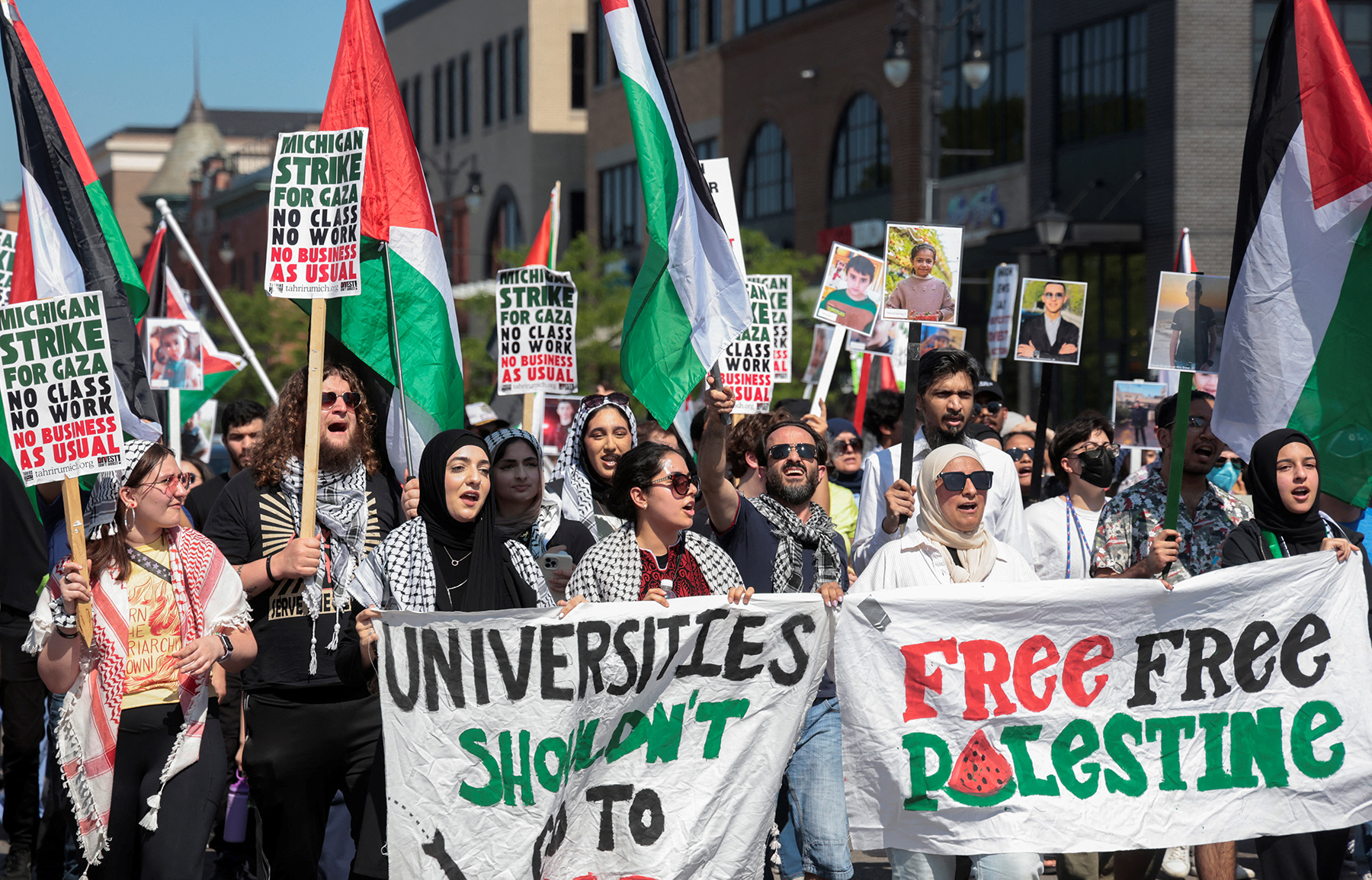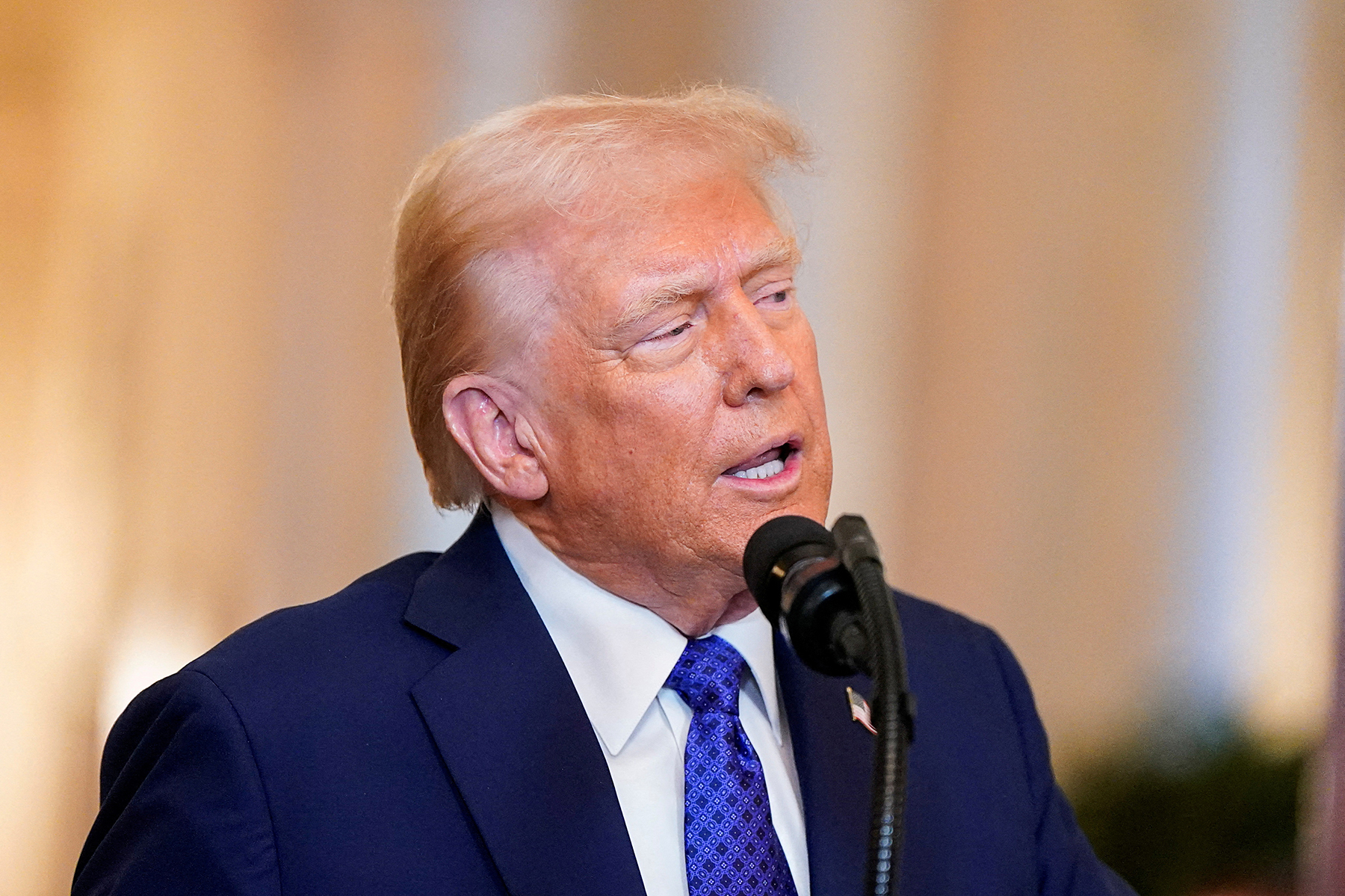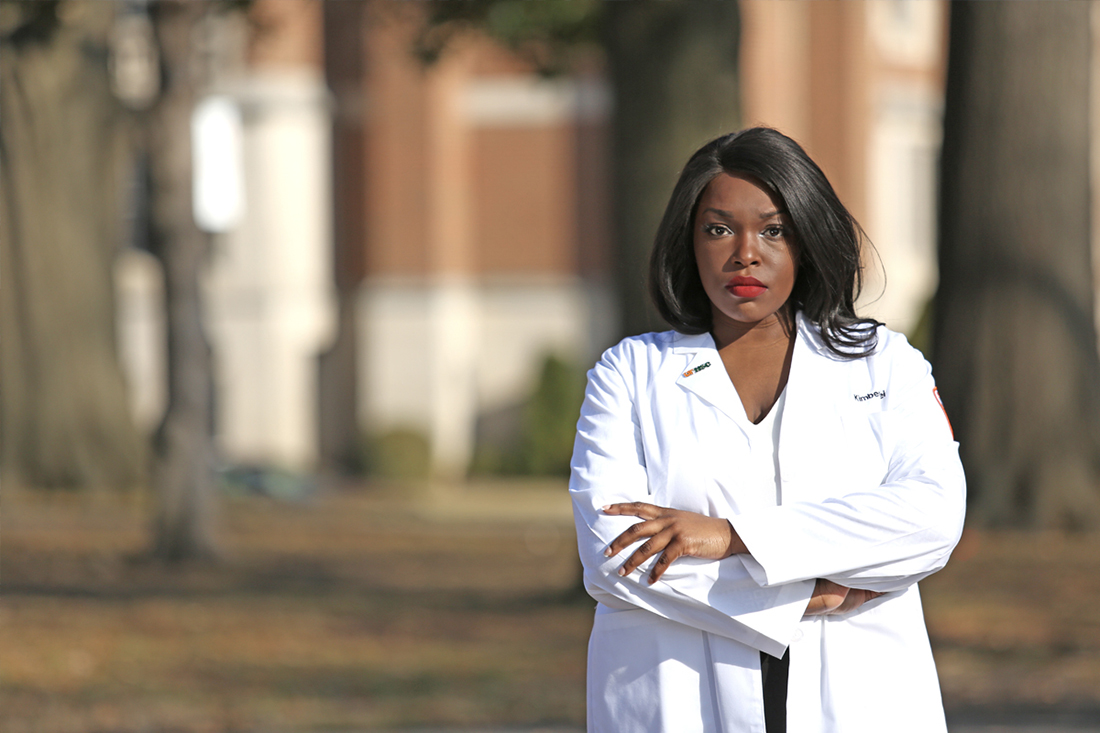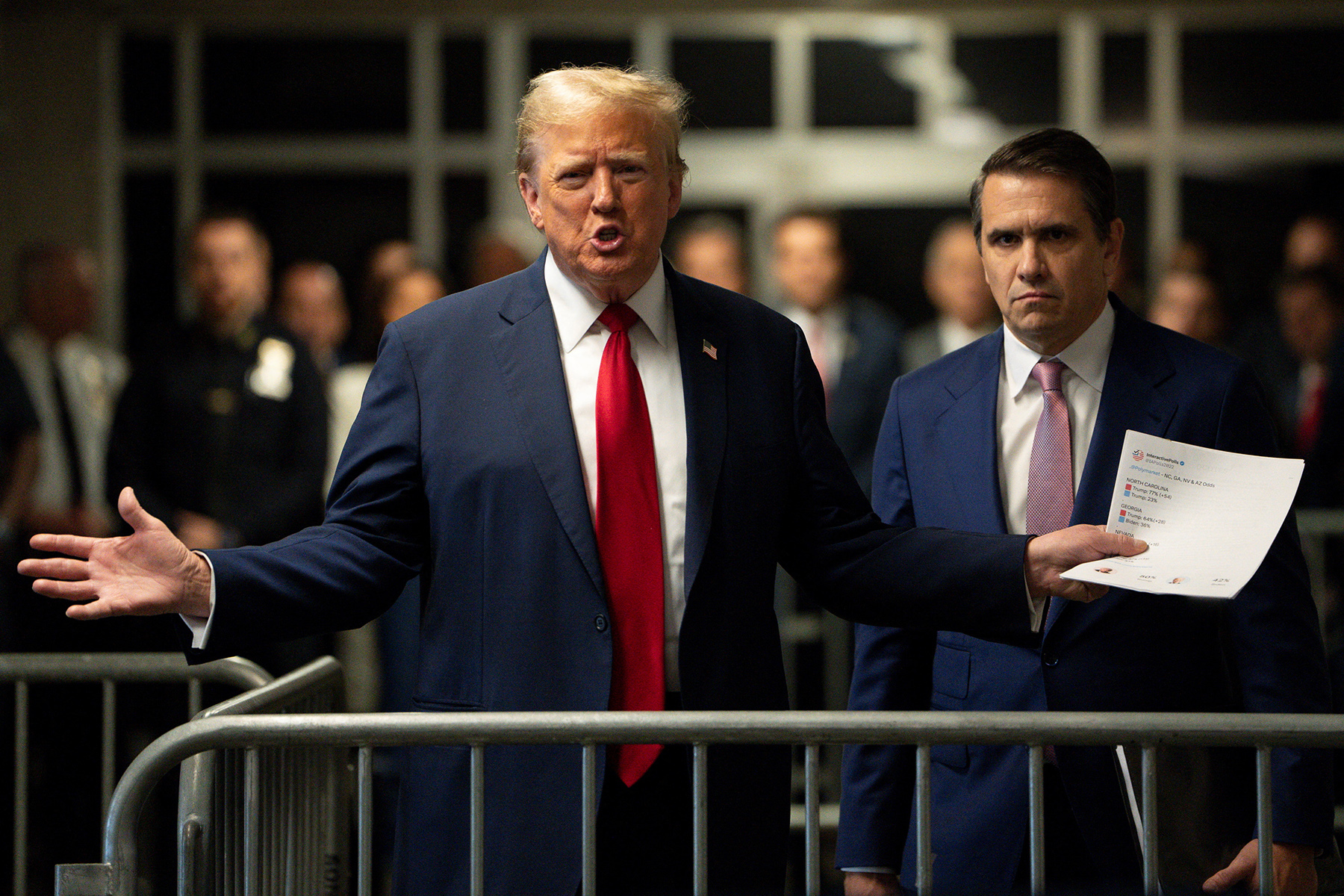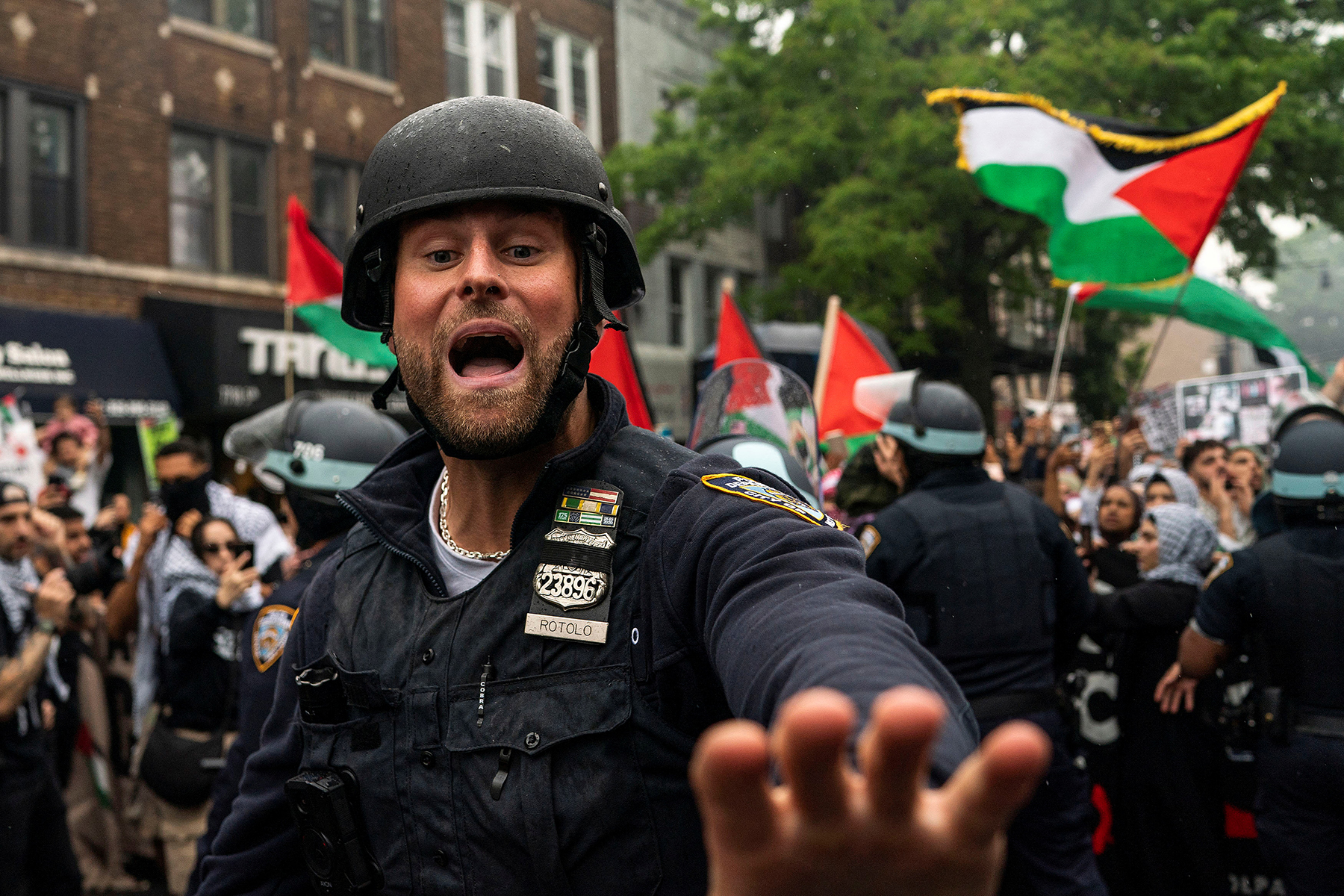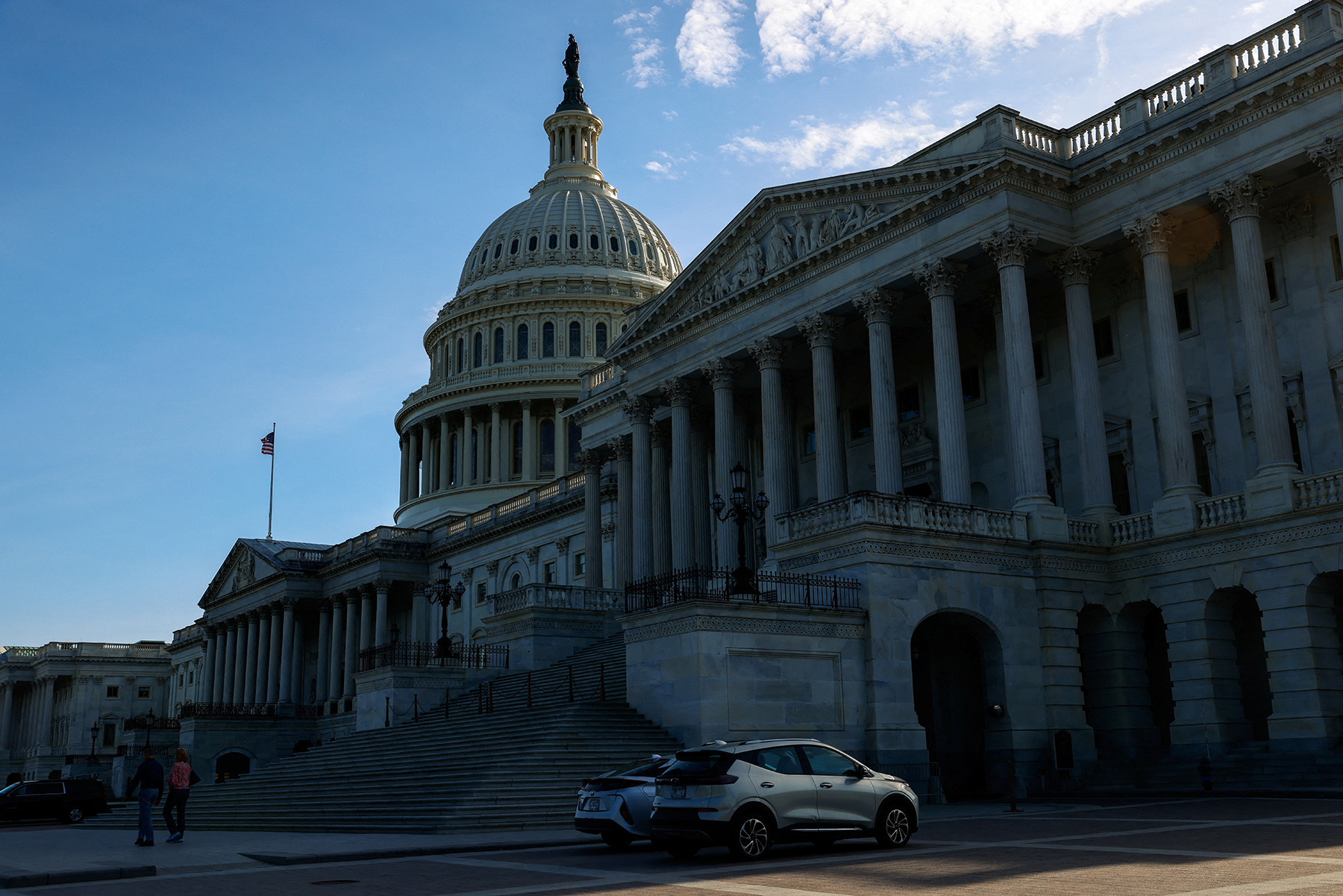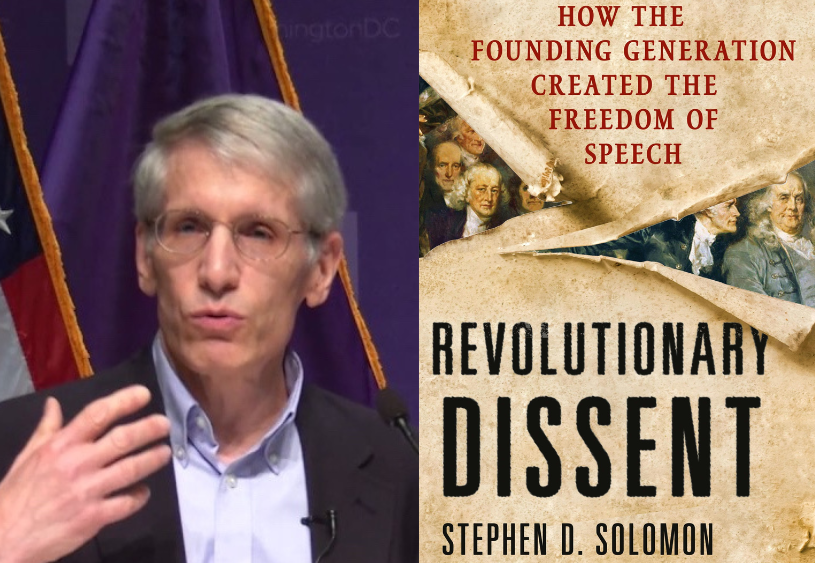Susanna Granieri is a recent graduate of the Columbia University Graduate School of Journalism. Her past internships include writing for the Legislative Gazette, an Albany-based newspaper focused on legislation, policy and politics; and working as an Immersion Fellow at the Mississippi Center for Investigative Reporting, where she investigated the use of faulty forensic science in death penalty convictions in Mississippi and nationally.


ACLU of Michigan’s Ramis Wadood on Its Lawsuit Against University of Michigan
In an interview Wadood described the university’s alleged First Amendment violations and explained how the university’s policies sweep up constitutionally protected speech.
Knight Institute’s Carrie DeCell on Trump’s Threat to ‘Deport Hamas Sympathizers’
In an interview, DeCell, senior staff attorney and legislative advisor at the Knight Institute, outlined the First Amendment implications of President Trump’s executive order.
FIRE’s Greg Greubel on a Student’s Right to Free Expression Online
Greubel explained why universities cannot police student’s protected online speech, and argued that “professionalism policies” found in university codes of conduct are often vague.
Legal Scholar Samantha Barbas on Press Freedom Under Trump
Barbas shared her expectations for a second Trump presidency regarding press freedom and explained reasons why the press could cover the administration differently.
U.S. Press Freedom Tracker’s Stephanie Sugars on Protests, Police and the Press
Sugars discussed the considerations that are made in including detainments or arrests in the Tracker and the often tumultuous relationship between police and the press.
Robbie Parker on His Book ‘A Father’s Fight: Taking on Alex Jones’
Parker discussed his book, his experience dealing with grief, and what he described as a lack of responsibility taken by social media platforms.
ACLU’s Kia Hamadanchy on the ‘Stop Terror-Financing’ Bill Targeting Non-Profits
Hamadanchy noted the possible reasons for the bill's introduction and expressed concerns over its power in the next presidential administration if enacted.
An Evening with Stephen Solomon, Author of Revolutionary Dissent, at The Ferguson Library
NYU Professor and First Amendment Watch editor Stephen Solomon told the story of the protests and controversies that led to the First Amendment.
